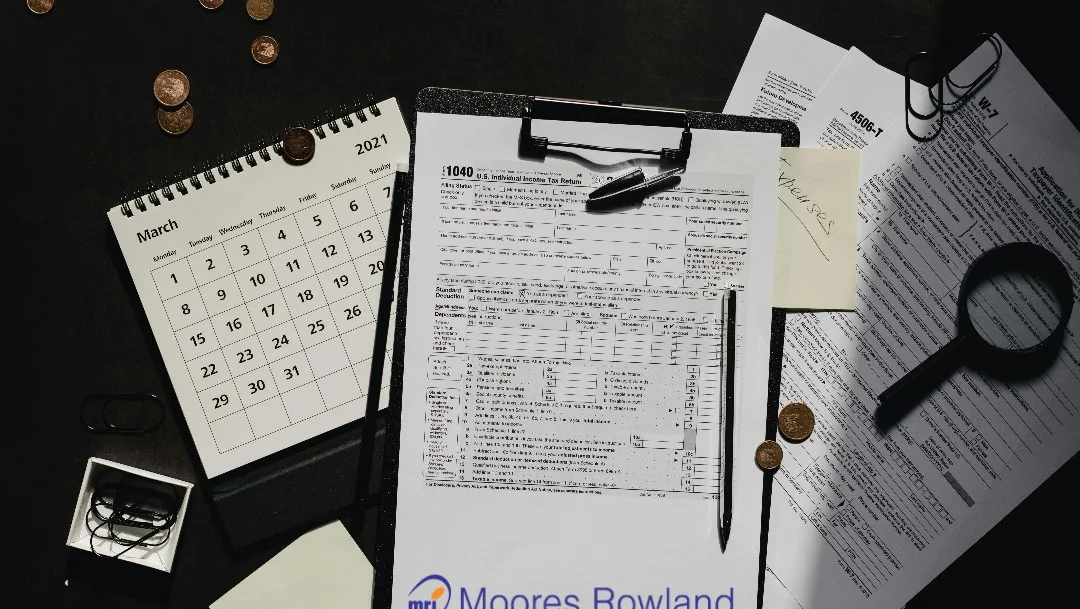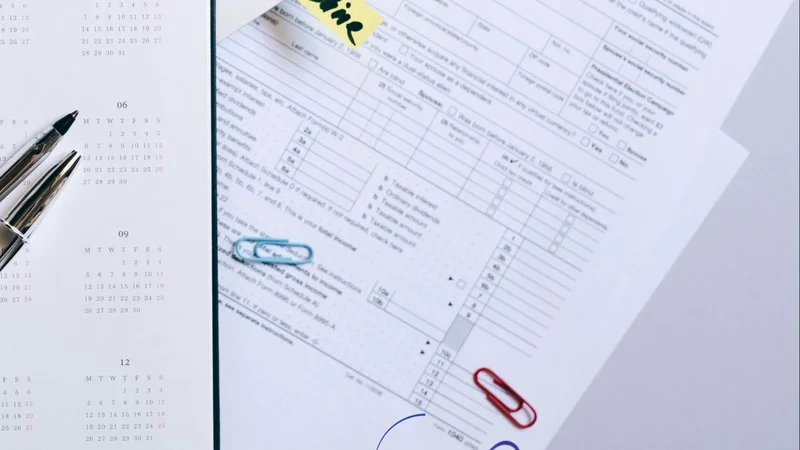GRI and IFRS S2 Alignment: One Unified Approach to GHG Emissions Reporting
The International Sustainability Standards Board (ISSB) and the Global Sustainability Standards Board (GSSB) have taken a major step forward in simplifying sustainability reporting. The GSSB has officially granted equivalence to IFRS S2 Climate-related Di
•
July 9, 2025

GRI and IFRS S2 Alignment: One Unified Approach to GHG Emissions Reporting
The International Sustainability Standards Board (ISSB) and the Global Sustainability Standards Board (GSSB) have taken a major step forward in simplifying sustainability reporting. The GSSB has officially granted equivalence to IFRS S2 Climate-related Disclosures for companies reporting greenhouse gas (GHG) emissions under GRI 102, its newly released climate standard.
What This Means for Companies
This recognition allows businesses to use a single set of GHG emissions disclosures—those prepared under IFRS S2—to fulfill both GRI 102 and IFRS S2 requirements. This not only reduces duplication but significantly enhances reporting efficiency and interoperability across global standards.
“We welcome the publication of GRI’s new Climate Change and Energy Standards. This equivalence supports a more streamlined approach to GHG reporting and strengthens our shared goal of consistent and effective disclosure,” said Sue Lloyd, Vice-Chair of the ISSB.
Key Highlights:
- IFRS S2 disclosures for Scope 1, Scope 2, and Scope 3 GHG emissions are now valid under GRI 102 requirements.
- Companies reporting under both GRI and IFRS S2 don’t need to duplicate GHG disclosures—a major step toward integrated reporting.
- To meet equivalence:
- GHG emissions must be measured using the Greenhouse Gas Protocol: Corporate Accounting and Reporting Standard (2004).
- Companies must reference the location of these disclosures in accordance with GRI 1: Foundation 2021 via a published GRI content index.
Working Toward Global Consistency
This milestone builds on the strong cooperation between the IFRS Foundation and the GRI, formalized through a Memorandum of Understanding. Both organizations will continue aligning their standards to ensure that companies can deliver climate-related information that serves the needs of both investors and broader stakeholders.
📢 Content adapted from the official IFRS website.
Related

The Future of Accounting and Tax: How AI, Automation, and Regulation Are Reshaping the Profession (2025–2026)
Introduction The accounting and tax profession is undergoing one of the most significant transformations in its history. Artificial intelligence, automation, evolving regulatory frameworks, an...
Read more
MERRY CHRISTMAS
Read more
Change Management: Leading Organizations Through Transformation
This article explores three critical pillars of change management: Leading Organizational Change Employee Engagement During Change Cultural Transformation Together, these elements form the ...
Read more